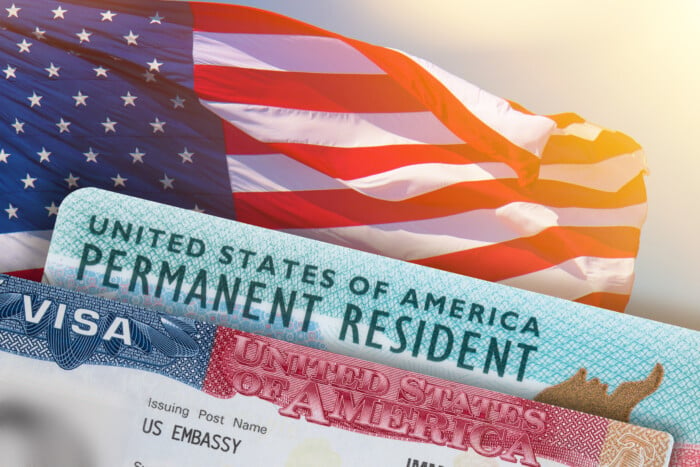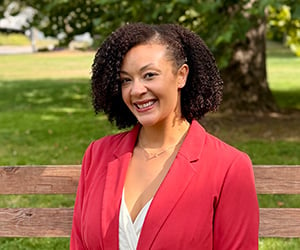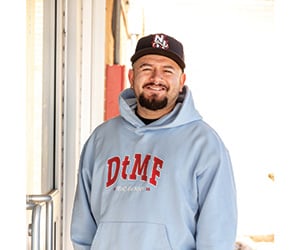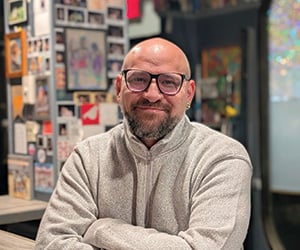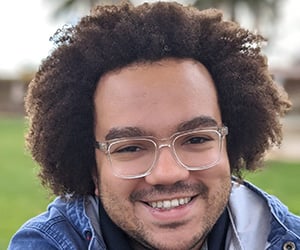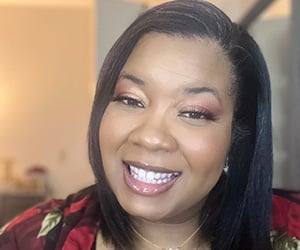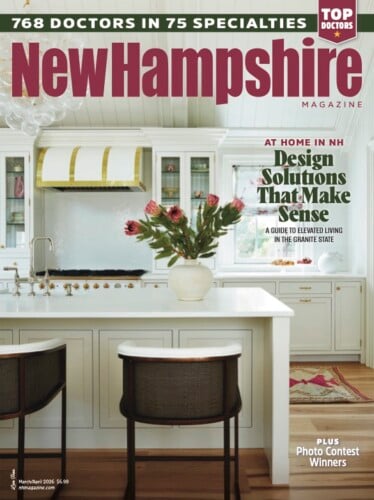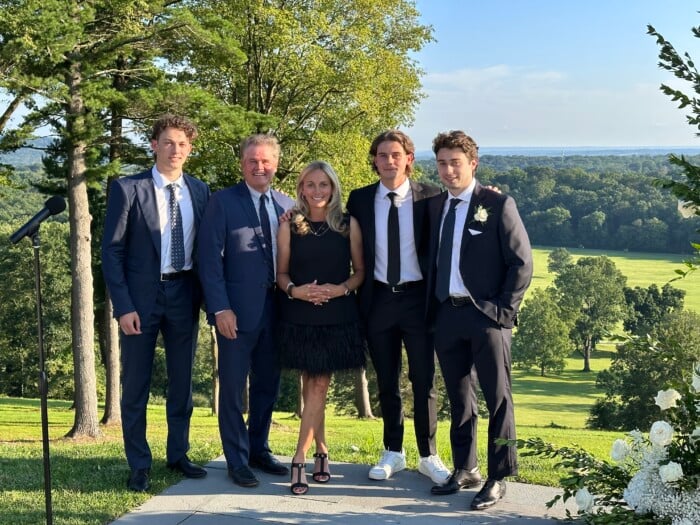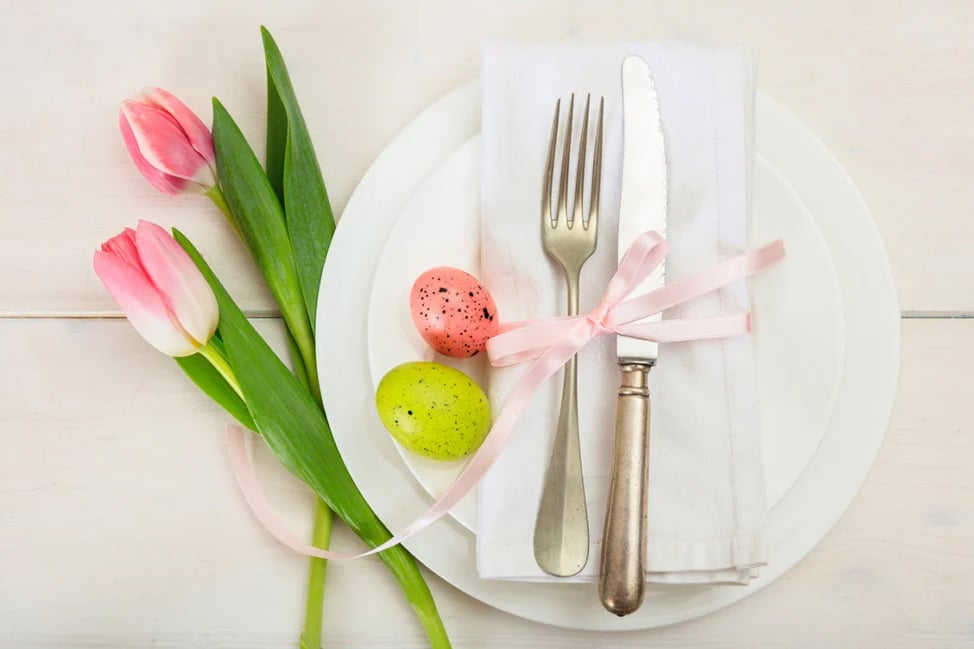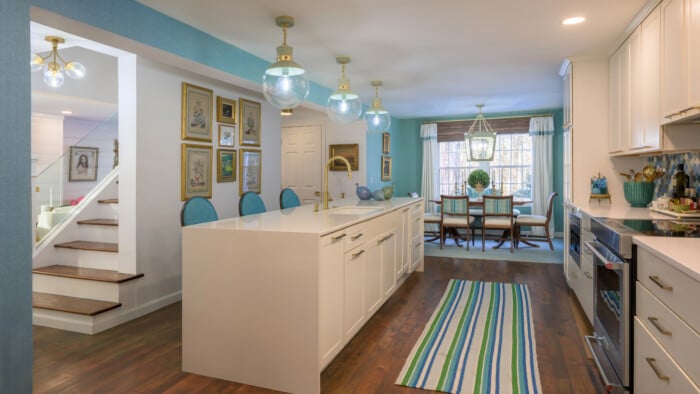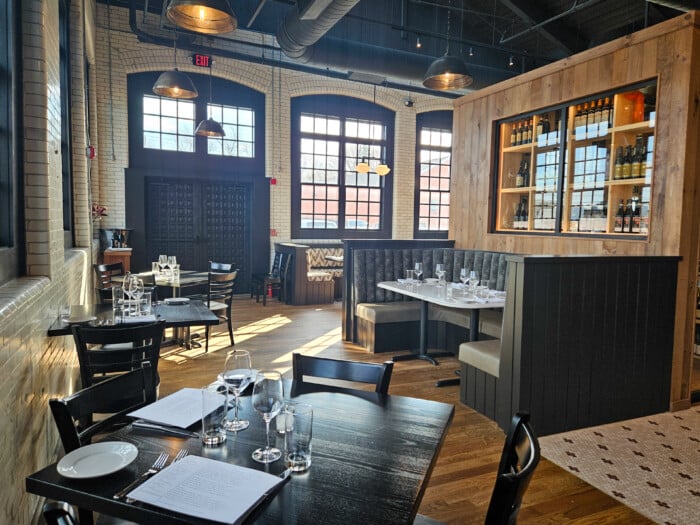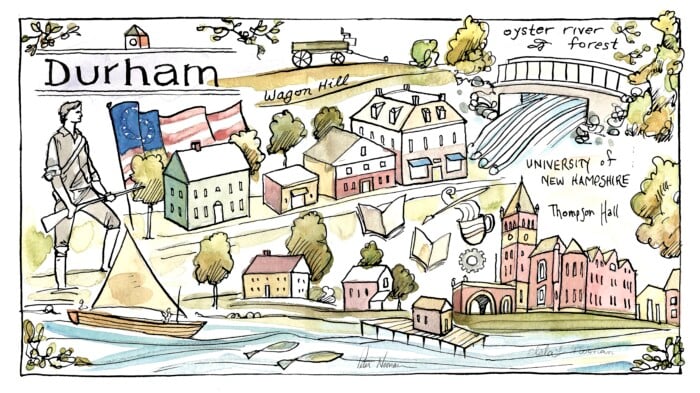Essay: Following a tradition of community building
I am the first generation in a long line of African Americans to be born and raised outside of the southern United States. Although I was born in Ohio, I consider New Hampshire to be my home. I grew up in Nashua and have lived in Manchester my entire adulthood.
Culturally, I was raised southern African American, midwestern African American and midwestern white. I experienced culture shock when I moved to NH in the 1980s. Not only was I a cultural/ethnic minority but also a racial minority. I couldn’t help but feel othered even by what should be my own people, other Black people.
 While the place I lived in Ohio was predominantly white, there was a community of African Americans with a strong sense of solidarity among us, so I was perplexed when I moved here and tried to befriend other Black people only to realize they didn’t consider themselves Black and identified more with their ethnicity (like Dominican, Haitian or Jamaican). This rejection was hard for me to process and understand.
While the place I lived in Ohio was predominantly white, there was a community of African Americans with a strong sense of solidarity among us, so I was perplexed when I moved here and tried to befriend other Black people only to realize they didn’t consider themselves Black and identified more with their ethnicity (like Dominican, Haitian or Jamaican). This rejection was hard for me to process and understand.
Consequently, I stopped trying as hard to connect with other Black people and ended up with majority white friend groups. It wasn’t until I was an adult and began my own journey toward decolonizing my beliefs and unpacking my own anti-Blackness that I realized that these other Black ethnicities had also been indoctrinated with white supremacist beliefs toward other Black people, especially against African Americans. We needed a lot of healing as individuals and as a community.
We carry our ancestors with us in so many ways. For example, I know I carry the memories of community in my DNA. The kind of community that my kin got to experience while living in Georgia. While my ancestors experienced many horrors and injustices while they were enslaved and afterward, they at least had each other and lived among each other. In the face of adversity, their bonds were strengthened and they relied on cooperative ways of living in order to survive.
When my grandparents had to escape the South in the 1950s to avoid racial violence, including being deprived of economic opportunities, in the process they left their culture and their families and community that had been in place in Georgia for at least five generations.
We are not only still grieving the loss of being taken from our ancestral lands in Africa, but also of the loss of being on the land we stewarded for centuries and being around our people. We are also grieving all of the futures that would have been possible if we were allowed to be among our loved ones.
As humans we have an innate desire to want to belong and to want to be accepted as we are. Feeling like you are part of something and that you can be your authentic self are medicine for the soul.
They aren’t “nice to haves,” they are essential to our overall well-being.
What happens when you are 1 of 14,000 Black women in a state of 1.4 million people? Where do you turn for acceptance and belonging? Who can understand and empathize with being an extreme minority?
This was the inspiration behind creating the Black Womxn in New Hampshire Facebook group in August 2020. I was struggling with my mental and emotional health amid the pandemic and the high-profile murders of Black people by law enforcement. I needed to be with people who could understand the complex and intense feelings I was having, so I started the online group and invited every Black woman I knew and asked them to invite every Black woman they knew.
We started off with using the space for things like asking for and sharing recommendations on where we could get hair care done, and over time we have grown and evolved the space to be a place where we can not only support and uplift each other, but have the conversations that need to be had in order to facilitate the collective healing that’s needed for us to be in community with each other.
I’m very grateful and proud to be part of a collective of Black women called BWINH Inc. who are working toward creating a safe, secure and sacred space for Black women, femmes and nonbinary people (womxn) by establishing a social club. Our mission is to nurture a vibrant community where creativity, knowledge and ideas flourish, leaving a lasting legacy for generations to come.
We draw inspiration from the Black Women’s Club Movement, which was started in the late 19th century in the face of many white female activists choosing to ban the inclusion of the Black women into their clubs. Black women’s clubs have a long and rich history in the United States. These clubs were founded by Black women who were seeking civic engagement, social justice and community empowerment in the face of racial and gender discrimination.
Their slogan captured the communal spirit of the women’s club movement: “Lifting as we climb.” Established in 1896, one of the earliest Black women’s clubs was the National Association of Colored Women (NACW), whose founders included Harriet Tubman, Frances E.W. Harper, Ida B. Wells-Barnett, and Mary Church Terrell. The NACW was key in promoting education, advocating for equal rights, suffrage, fair employment and better working conditions.
On June 22, BWINH Inc. will be hosting a Juneteenth celebration at Kimball Jenkins in Concord. Juneteenth New England will be a joyous and educational event focused on sharing African American traditions including food, drink, music, art and stories and elevating and spotlighting local Black-owned businesses and artists.
This article is featured in the spring-summer 2024 issue of 603 Diversity.
603 Diversity’s mission is to educate readers of all backgrounds about the exciting accomplishments and cultural contributions of the state’s diverse communities, as well as the challenges faced and support needed by those communities to continue to grow and thrive in the Granite State.
